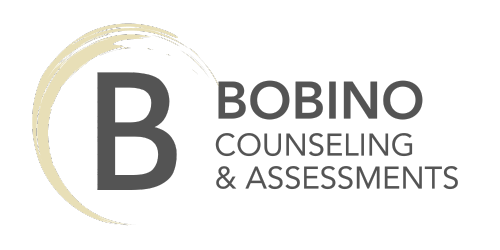
Psychoeducational Evaluation
All too often, children and adults may struggle in the classroom, even if they want to do well. If someone has issues related to learning or the processing of information, a targeted educational assessments can give that individual a boost toward realizing their full potential.
Full Psychoeducational Evaluation
Get a full picture of your or your child’s learning styles, strengths, and weaknesses. This assessment includes testing in areas where a struggle is suspected, whether academic, cognitive, processing, social/emotional testing, as well as observations and interviews. We will decide together what kinds of testing are appropriate.
- Free 20-minute initial consultation to develop an individualized testing plan that will address your concerns.
- A comprehensive review of student records, to uncover patterns of learning and difficulties.
- A complete developmental history.
- A classroom/school observation to assess the nature of the child’s difficulties in a real-world situation.
- Cognitive testing to uncover the way the student learns best and areas of potential cognitive weakness.
- Tests of information processing to gain information about the strategies that will work best when teaching the child.
- Social-emotional screening to assess situational factors that may be getting in the way of learning.
- Motivational screening, to see what can motivate your child to do better in school.
- A full psycho-educational report to provide to those who work with your child, including treatment recommendations, accommodations, and modifications.
- School-based meeting to educate and consult with teachers and support staff about how best to help the student succeed in school.
EDUCATIONAL ASSESSMENTS AND TESTING
Intelligence Testing Only
Used primarily for Gifted and Talented (GATE) testing. Requires approximately 2 hours of testing.
Includes:
- IQ Test
- Final conference
- Written report with test scores, explanation of strengths and weaknesses
LEARNING DISABILITIES
Dyslexia Testing – Reading Disorder
Dyslexia testing includes reading and cognitive testing in the following areas:
- Phonological Decoding
- Word Reading; Reading Fluency
- Paragraph Reading
- Reading Comprehension
- Early Reading skills (for younger students)
- Verbal Comprehension
- Perceptual Reasoning
- Auditory and Visual Memory
- Processing Speed
- Spatial and Visual Processing
Dysgraphia Testing – Disorder of Written Expression
A written language evaluation includes testing in these areas:
- Alphabet Writing Fluency (For ages 6 – 8)
- Sentence Writing
- Paragraph Writing
- Essay Writing
- Writing Fluency
- Mechanics (Capitalization and Punctuation)
- Spelling
- Handwriting
- A Review of Classroom Writing Samples
- Verbal Comprehension
- Perceptual Reasoning
- Auditory and Visual Memory
- Processing Speed
- Visual and Spatial Processing
- Visual Motor and Fine Motor skills
Dyscalculia Testing – Math Disability
Math testing includes math and cognitive testing in these areas:
- Verbal Comprehension
- Perceptual Reasoning
- Auditory and Visual Memory
- Processing Speed
- Visual and Spatial Processing
- Math reasoning
- Math calculation
- Language of Math
- Attention to detail
- Meta-cognition
Testing for a learning disability requires approximately 3 days of testing, and completion of medical and behavioral forms. The teacher will be contacted to complete academic and behavioral forms. The assessment includes pre and post conferences, all testing, evaluation of school records, and a written report with recommendations.
ADHD – Attention Deficit Disorder with or without Hyperactivity
An ADHD Evaluation includes:
- Executive Functioning Questionnaires
- Neuropsychological testing for Attention, Concentration, Impulsivity
- Cognitive Testing
- Academic Testing
- Memory
- Motor
- Social-Emotional Evaluation
- Behavioral Assessment
Requires an observation of your child in the classroom, approximately 3 days of testing, and completion of medical and behavioral forms. The teacher will be contacted to complete academic and behavioral forms. The assessment includes pre and post conferences, testing, observation in school, evaluation of school records, speaking with school personnel, and a written report with recommendations.
